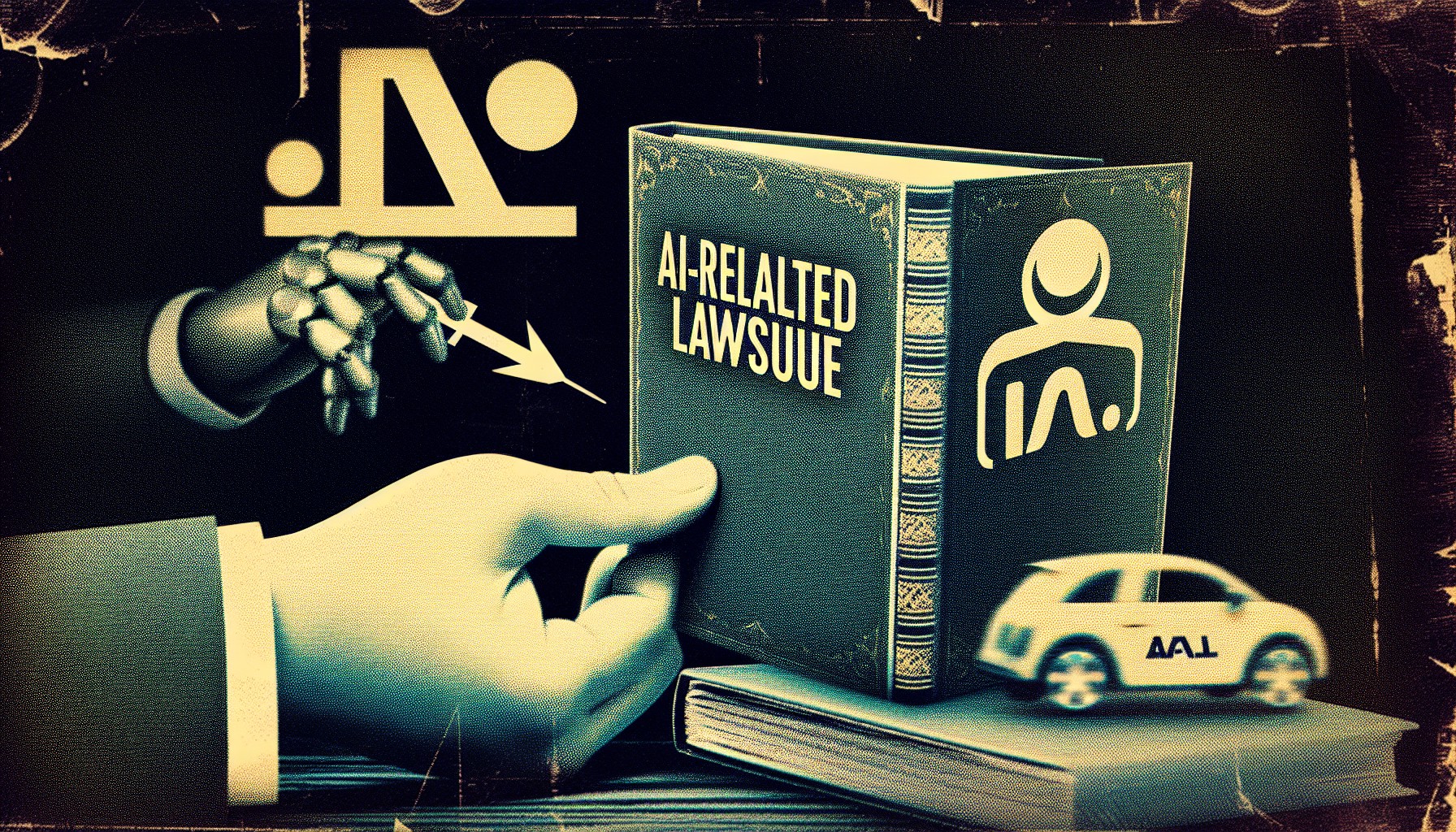In the constantly evolving landscape of technology-driven food delivery services, the legal skirmishes between industry giants reflect broader themes that are both intriguing and complex. DoorDash, a leading player in this sector, recently found itself embroiled in a legal battle with Uber. Uber’s lawsuit claims that DoorDash has been engaging in anti-competitive practices by coercing restaurant owners into exclusive agreements. However, DoorDash, in its defense, has moved to dismiss the lawsuit, arguing that Uber’s allegations are baseless. This case not only highlights the fierce competition within the food delivery industry but also underscores the intricate dynamics of business strategies powered by artificial intelligence and data analytics.
At the heart of this dispute lies the question of how artificial intelligence and algorithmic decision-making are shaping the competitive strategies of these tech giants. DoorDash, like many of its peers, relies heavily on AI to optimize its operations. From determining delivery routes to predicting customer demand, AI plays a crucial role in enhancing efficiency and improving customer experience. The company’s defense against Uber’s claims may very well hinge on proving that its business practices, informed by sophisticated AI algorithms, are designed to benefit, rather than stifle, the market.
Uber, on the other hand, is not new to leveraging AI for its competitive advantage. In fact, Uber’s entire business model is built on a foundation of data-driven insights. The company uses AI to match riders with drivers, set dynamic pricing, and even anticipate user behavior. Uber’s lawsuit against DoorDash could be seen as a strategic move to challenge how competitors utilize AI to carve out market share. The legal proceedings may set a precedent for how AI-driven business models are perceived and regulated in the future.
The intersection of AI and legal frameworks is a relatively uncharted territory, where precedents are still being established. As AI continues to permeate various aspects of business operations, the legal system faces the challenge of interpreting and adjudicating disputes that involve complex algorithms and data analytics. The DoorDash-Uber case could serve as a pivotal moment, potentially influencing how legal entities view the role of AI in competitive practices.
Moreover, this case raises ethical questions about the use of AI in business practices. The deployment of AI to secure exclusive contracts with restaurants, if proven, might be viewed as a manipulation of market dynamics, raising concerns about fairness and transparency. On the flip side, companies like DoorDash argue that their AI systems are designed to create value for all stakeholders, including consumers, restaurants, and delivery personnel. The court’s decision could ultimately hinge on how it interprets the ethical implications of AI-driven strategies.
From a technological standpoint, the case also highlights the importance of transparency in AI systems. As companies increasingly rely on AI to make critical business decisions, the demand for explainability and accountability grows. Stakeholders, including customers and business partners, are becoming more aware of the need to understand how AI algorithms influence outcomes. This case could potentially lead to increased scrutiny of AI practices, prompting companies to be more transparent about their algorithmic processes.
In the broader context, the DoorDash-Uber legal battle is a microcosm of the challenges and opportunities presented by the integration of AI into business practices. It reflects a growing recognition that AI is not just a tool for operational efficiency, but a strategic asset that can redefine market dynamics. As companies navigate this landscape, they must balance innovation with ethical considerations, ensuring that their use of AI aligns with broader societal values.
As the legal proceedings unfold, the industry and the public alike will be watching closely. The outcome could have far-reaching implications not only for DoorDash and Uber but for the entire food delivery industry and beyond. It will serve as a bellwether for how AI-driven strategies are contested and defended in the legal arena, shaping the future of competition in the age of artificial intelligence.
